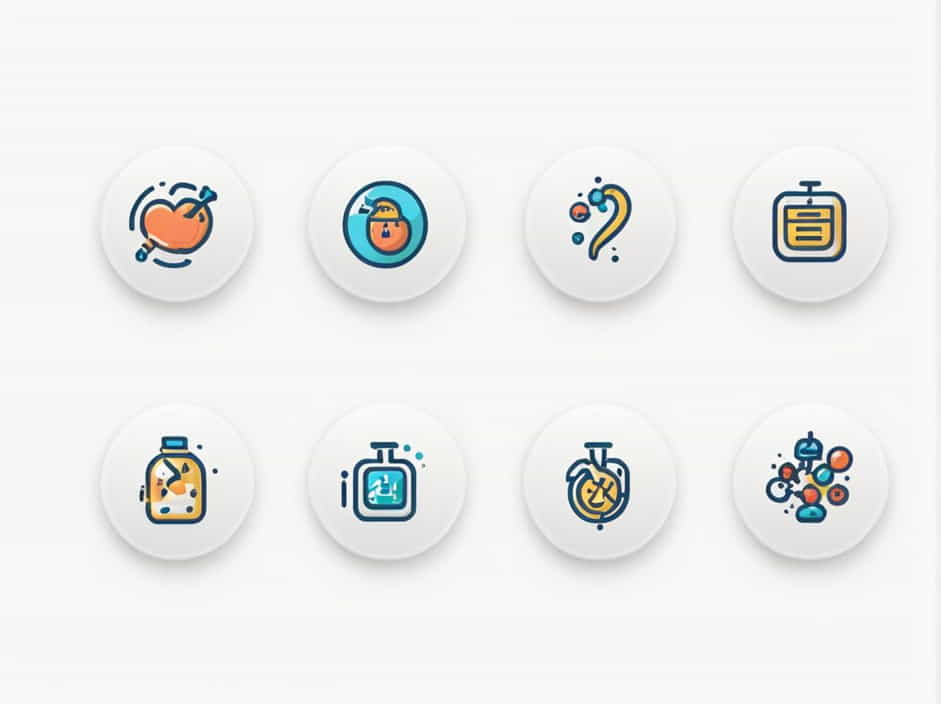Pharmacology is the scientific study of drugs and their effects on the body. It plays a crucial role in medicine, healthcare, and research, helping to develop new treatments and improve existing therapies.
Understanding pharmacology is essential for doctors, pharmacists, nurses, and researchers, as it helps them determine how drugs work, their benefits, side effects, and interactions. This topic explores the meaning of pharmacology, its importance, branches, applications, and career opportunities.
Definition of Pharmacology
Pharmacology is the branch of science that deals with the study of drugs, their sources, chemical properties, biological effects, and therapeutic uses.
The word “pharmacology” comes from the Greek words “pharmakon” (drug or medicine) and “logos” (study). It involves understanding how drugs interact with the body at the molecular and cellular levels.
Importance of Pharmacology
Pharmacology is essential in modern medicine because it helps:
- Develop new drugs to treat diseases.
- Understand drug interactions to prevent harmful effects.
- Improve patient care by optimizing medication use.
- Ensure drug safety through clinical trials and testing.
- Discover better treatments for various health conditions.
Without pharmacology, many life-saving medications we use today would not exist.
Branches of Pharmacology
Pharmacology is divided into two main branches:
1. Pharmacokinetics
Pharmacokinetics is the study of how the body absorbs, distributes, metabolizes, and excretes drugs. It focuses on four key processes:
- Absorption – How drugs enter the bloodstream.
- Distribution – How drugs spread throughout the body.
- Metabolism – How drugs are broken down, usually in the liver.
- Excretion – How drugs are eliminated, mainly through urine or feces.
2. Pharmacodynamics
Pharmacodynamics studies how drugs affect the body. It examines:
- Mechanism of action – How a drug produces its effects.
- Receptor interactions – How drugs bind to receptors in the body.
- Therapeutic effects – The desired benefits of a drug.
- Side effects and toxicity – Unwanted or harmful reactions.
Both pharmacokinetics and pharmacodynamics work together to determine a drug’s effectiveness and safety.
Other Subfields of Pharmacology
Pharmacology has several specialized fields, including:
1. Clinical Pharmacology
- Studies drug effects in humans.
- Helps doctors choose the best medications for patients.
2. Neuropharmacology
- Focuses on drugs that affect the nervous system and brain.
- Includes medications for depression, anxiety, epilepsy, and Parkinson’s disease.
3. Psychopharmacology
- Studies drugs used to treat mental health disorders.
- Includes antidepressants, antipsychotics, and mood stabilizers.
4. Cardiovascular Pharmacology
- Focuses on drugs that treat heart disease and high blood pressure.
- Includes beta-blockers, ACE inhibitors, and diuretics.
5. Toxicology
- Examines harmful effects of drugs and chemicals.
- Helps determine safe drug dosages.
6. Pharmacogenomics
- Studies how genes affect a person’s response to drugs.
- Helps develop personalized medicine.
Applications of Pharmacology
Pharmacology is widely used in medicine, research, and industry. Some of its key applications include:
1. Drug Development
Pharmacologists help discover and test new drugs to treat diseases like cancer, diabetes, and infections.
2. Medication Safety
Pharmacology helps identify drug interactions and side effects, ensuring that medications are safe for patients.
3. Clinical Trials
Before a drug is approved for public use, it undergoes clinical trials to test its efficacy and safety.
4. Personalized Medicine
Pharmacology is advancing the field of personalized medicine, where treatments are tailored to an individual’s genetic makeup.
5. Combatting Drug Resistance
Pharmacology helps in the fight against antibiotic resistance, ensuring that bacteria do not become resistant to medications.
Careers in Pharmacology
A background in pharmacology opens doors to various high-paying and impactful careers in:
1. Pharmaceutical Industry
- Drug development and research.
- Quality control and safety testing.
2. Healthcare Sector
- Clinical pharmacologists work in hospitals and clinics to ensure proper medication use.
- Pharmacists apply pharmacology knowledge to dispense drugs safely.
3. Academic and Research Institutions
- Conduct research on new treatments and drug effects.
- Teach pharmacology in medical schools and universities.
4. Government and Regulatory Agencies
- Work for organizations like the FDA (Food and Drug Administration) to approve and regulate drugs.
- Ensure drug laws and safety guidelines are followed.
Fun Facts About Pharmacology
- Aspirin is one of the oldest drugs still in use today.
- The word “pharmacy” comes from pharmacology.
- Some drugs are made from plants, such as morphine from poppies and quinine from cinchona bark.
- The liver is the main organ that metabolizes drugs.
- Antibiotics do not work against viruses, only bacterial infections.
Pharmacology is a vital field of science that helps us understand how drugs work and how they can improve health. It plays a key role in drug development, medical treatment, and patient safety.
With ongoing research and advancements, pharmacology continues to shape modern medicine, making treatments safer, more effective, and more personalized. Whether you’re a student, healthcare professional, or simply curious, understanding pharmacology is essential for appreciating the impact of medicine on our lives.
